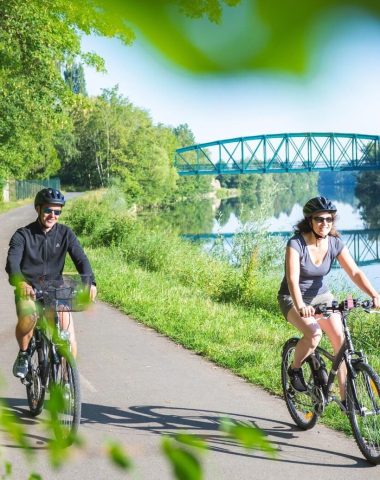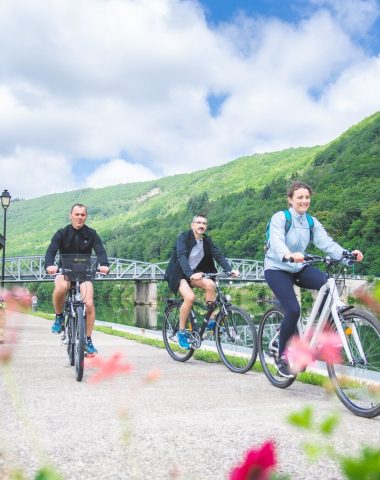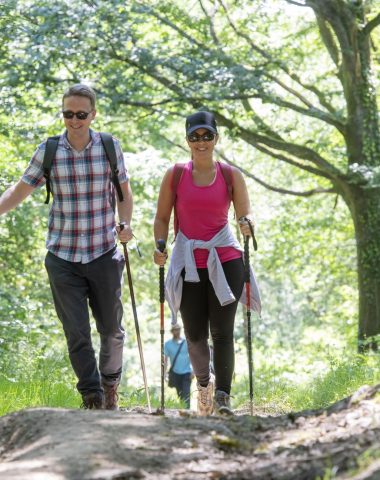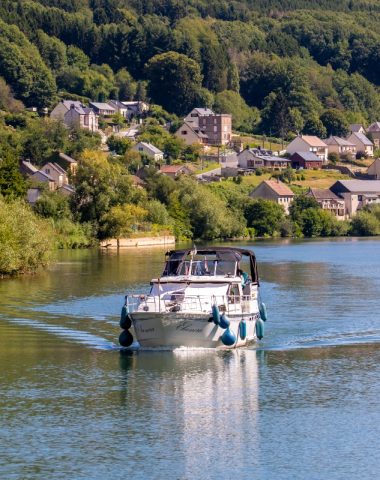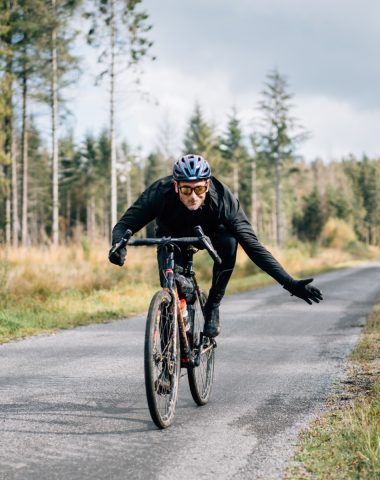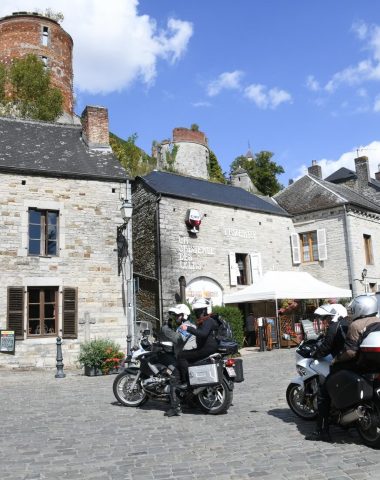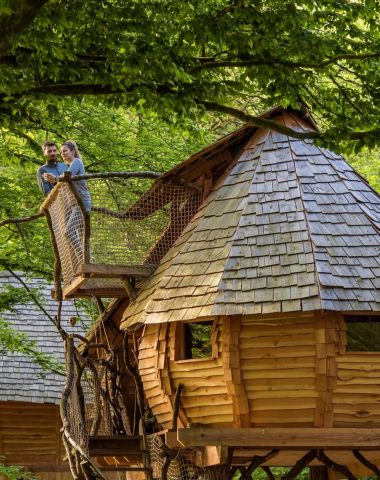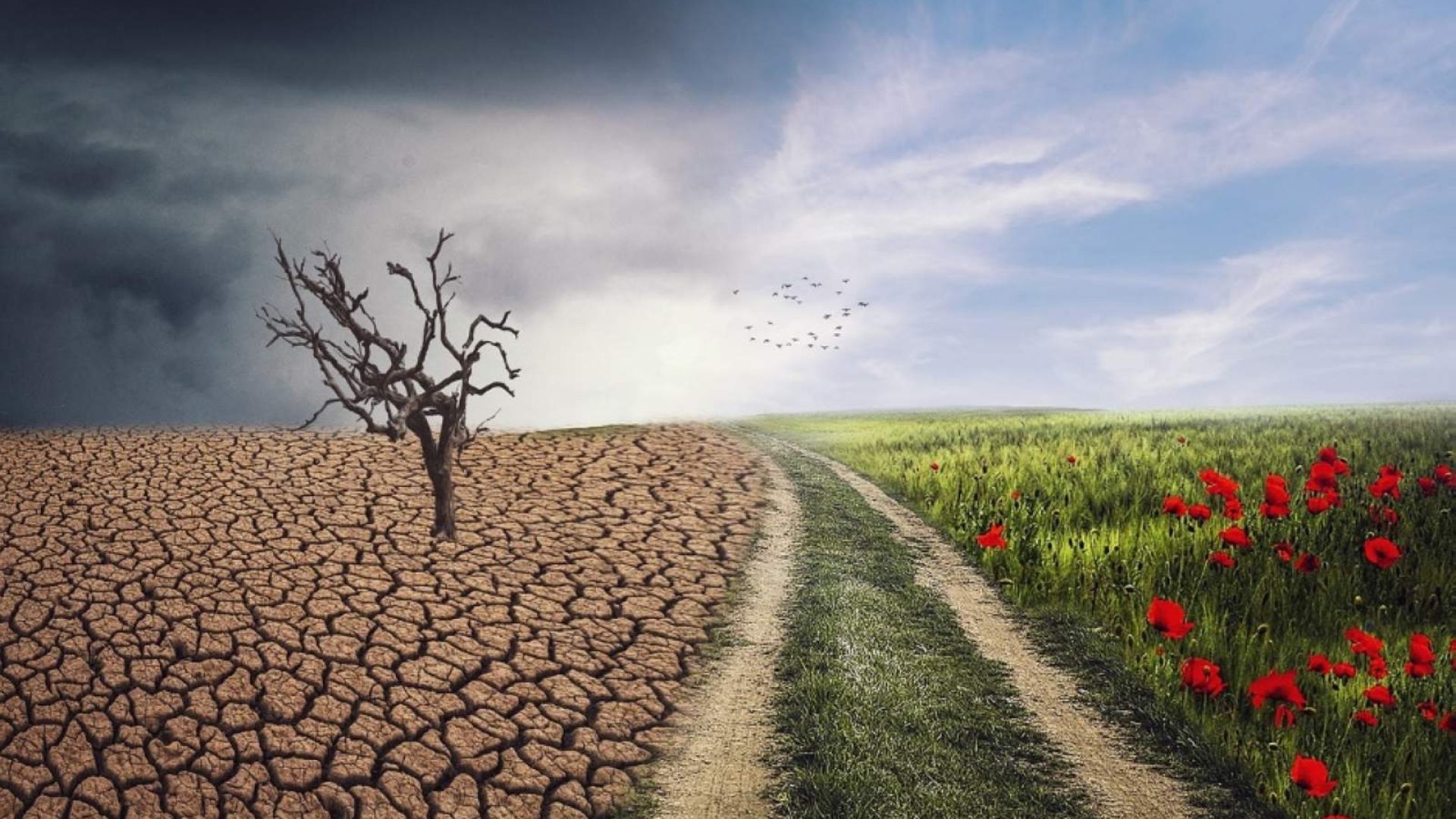More than an obligation, an eco-responsible gesture for sustainable tourism. Mandatory since 1er January 2024, sorting bio-waste at source is now everyone's business.
What is biowaste?
Article L. 541-1-1 of the environmental code defines biowaste as “non-hazardous biodegradable waste from gardens or parks, food or kitchen waste from households, offices, restaurants, businesses wholesalers, canteens, caterers or retail stores, as well as comparable waste from food processing plants.
https://www.ecologie.gouv.fr/biodechets
Why is it important to sort them?
Bio-waste is made up of 80% water; incinerating it is unnecessarily energy-intensive. Burying them generates methane, a gas with a global warming power 25 times greater than that of CO₂. While they can be converted into biogas through methanization or into fertilizer through composting.
Source : Biodechets_4p-Professionals.pdf
How to do ?
For professionals, there are 3 solutions:
On-site composting: If you have space, it is entirely possible to make your own compost. Provide organic buckets for your customers; a composting space with 3 bins (the first that you feed, a second for adding dry matter (grind, cardboard, etc.) and a third for maturation) but also a little time to maintain it.
Be careful, you cannot put leftover meat or fish in it.
Collection by a private service provider: Some waste collection services offer solutions adapted to sorting bio-waste. By establishing a collaboration with these service providers, you ensure that your bio-waste is treated appropriately, for example, by industrial composting or anaerobic digestion.
Your contacts in the Ardennes: Composting platform | Valodea
Voluntary contribution or public collection: the third solution depends on the approach chosen by your community of municipalities, which has no obligation with regard to bio-waste produced by professionals. You should contact the waste service of your community of municipalities.
Raise awareness among customers and staff
The success of a bio-waste sorting program depends largely on everyone's involvement. Firstly, it is necessary to be well equipped to facilitate the sorting process by installing specific bins intended for bio-waste. Make sure these bins are clearly marked and placed in strategic areas, such as kitchens, dining areas and bedrooms.
Next, it’s crucial to train your team on how to properly sort waste. In addition, informing and raising customer awareness of the importance of sorting helps create a community committed to preserving the environment.
| Contact: Stephanie Drothier Sustainable tourism project manager Ardennes ADT 24 Place Ducale 08000 Charleville-Mezieres Tel .: 03 24 56 68 67 drothier@ardennes.com |




